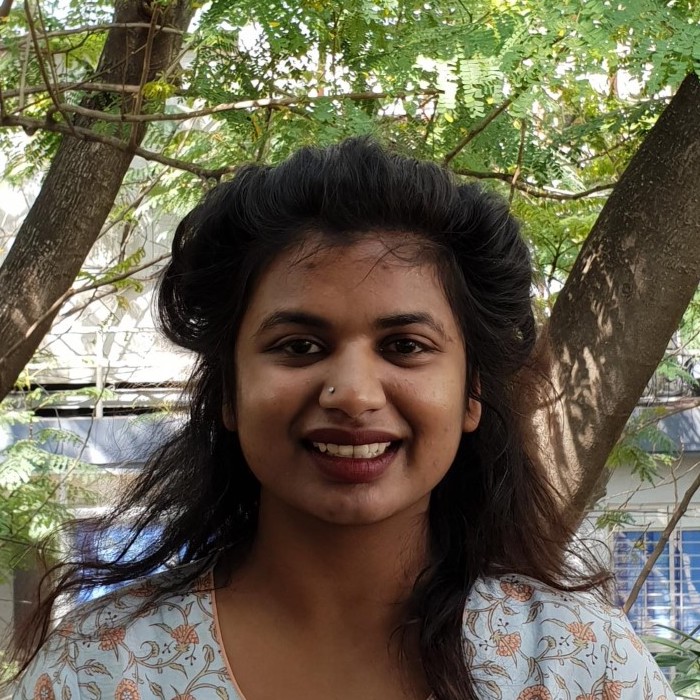“A marriage solemnized between a male and a transwoman, both professing Hindu religion, is a valid marriage in terms of Section 5 of the Hindu Marriage Act, 1955 and the Registrar of Marriages is bound to register the same. By holding so, this Court is not breaking any new ground. It is merely stating the obvious. Sometimes to see the obvious, one needs not only physical vision in the eye but also love in the heart.” – Madras High Court.
The fundamental right of transgender persons to marry individuals of their choice was recently affirmed by the Madras High Court in Arunkumar and Another. v The Inspector General of Registration and Ors. (WP (MD) No. 4125 of 2019 and WMP (MD) No. 3220 of 2019). The High Court upheld a Hindu marriage between Arunkumar and Sreeja (a transwoman) which the Registrar of Marriages, Tuticorin had previously refused to register. The ground for refusal was that a transwoman would not qualify as a ‘bride’ under Section 5 of the Hindu Marriage Act, 1955 (HMA). The Court looked beyond the facts of the case to address issues of self-determination, personal autonomy and freedom of self-expression, culminating in the recognition of transgender persons’ right to marry.
At the outset, the Court clearly stated that a marriage solemnized between a Hindu male and a Hindu transwoman would be a valid marriage in terms of Section 5 of the HMA. The Court relied on the decisions of the Supreme Court in NALSA v. Union of India, Justice K. Puttaswamy v Union of India and Navtej Singh Johar v Union of India to reiterate that transgender persons have the right to self-identify their gender. It held that sex and gender are distinct, where a person’s sex is biologically determined at the time of birth, which is not the case with gender.
Drawing on transgender persons’ right to self-identify their gender, the Court went on to state that discrimination on the ground of sexual orientation or gender identity would impair equality before law and would violate Article 14 of the Indian Constitution. It quoted NALSA to state that self-determination of gender is an integral part of personal autonomy and self-expression and falls within the realm of personal liberty guaranteed under Article 21. The Petitioner’s choice to express her gender identity as a woman would therefore fall within the domain of her personal autonomy, which State authorities are not entitled to question.
Next, the Court addressed the issue of marriage. It held that the term ‘bride’ in Section 5 of the HMA cannot have a ‘static’ or ‘immutable’ meaning and that statutes must be interpreted in light of the legal system as it exists today. The Court relied on Article 16 of the Universal Declaration of Human Rights on the right to marry and on the Supreme Court’s decision in Shafin Jahan v Asokan K.M. and Ors. where the right to marry a person of one’s choice was held to be integral to Article 21 of the Constitution.
The Supreme Court of the United States in Obergefell v. Hodges in 2015 guaranteed same-sex couples the fundamental right to marry. The Supreme Court of India referred to the said judgment in Justice K. Puttaswamy v Union of India, to hold that the right to privacy applies to ”the decision to enter the relationship that is the foundation of the family in our society”. In NALSA, the Court pointed out that transgender persons have the right to marry, which falls squarely within Article 21. Noting the same, the Madras High Court observed that since the Constitution is an enabling document that invites transgender persons to join the mainstream, it would be absurd to deny them the benefits of social institutions already in place in the mainstream. Additionally, since Arunkumar and Sreeja were practicing Hindus who had solemnized their marriage in a temple, the Court held that the Registrar’s refusal to register their marriage amounted to infringement of their fundamental right to freely practice their religion under Article 25 of the Constitution of India. Finally, noticing that Arunkumar was from a Scheduled Caste, the Court encouraged the couple to submit an application to avail of the Dr. Ambedkar Scheme for Social Integration through Inter-Caste Marriages.
This is the first judgment in India where the right to marry under Article 21 of the constitution has been affirmed for transgender persons and holding that ‘bride’ under the Hindu Marriage Act would cover transgender persons who identify as women. The Court affirmed Ms. Sreeja’s self-identification as a woman and recognised her right to self-identify her gender and be included, along with other intersex/transgender persons who identify as women, within the definition of ‘bride’. It noted the violation of her fundamental rights by the State authorities that refused to register her marriage.
Although this judgment is a major step forward both legally and socially for transgender persons, it is important to remember that it only upholds the right to marry for those persons who self-identify within the gender binary, and who are accordingly deemed to be in heterosexual relationships. The judgment does not, by any means, legalise same-sex marriage and LGBTQIA+ persons in same sex relationships have still not been accorded a fundamental right to marry under Article 21 of the Constitution of India.

